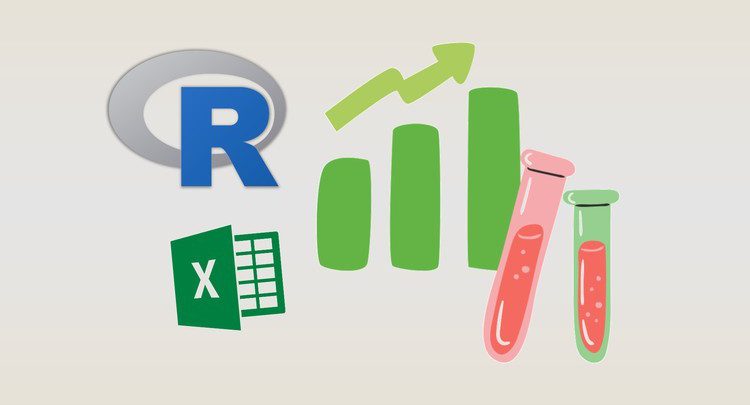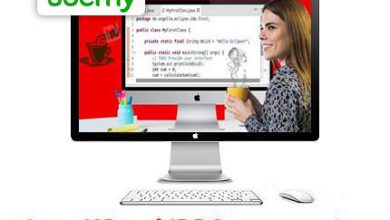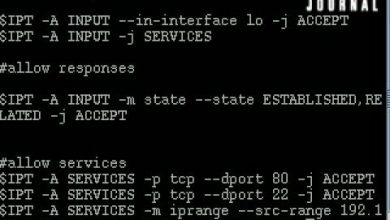Design and Analysis of Experiments DoE

Design and Analysis of Experiments DoE Free Tutorial Download
What you’ll learn
-
Fundamentals of the Design of Experiments (DoE).
-
Basic concepts of hypothesis testing, analysis of variance and mean comparison.
-
Factorial designs, single-replicate designs, blocking and confounding, fractional designs.
-
How to present the final results (bar charts, contour plots, tables) and how to interpret them.
Requirements
-
No specific pre-requisite is needed.
Description
This course covers the fundamentals of the design and analysis of experiments (DoE).
Experimentation plays an important role in science, technology, product design and formulation, commercialization, and process improvement. A well-designed experiment is essential once the results and conclusions that can be drawn from the experiment depend on the way the data is collected.
This course is about planning and conducting experiments and about analysing the resulting data so that valid and objective conclusions are obtained.
The course begins with some basic statistics concepts to understand the fundamentals of hypothesis testing and analysis of variance. Then we introduce the idea of factorial designs, with the definition of effects and interactions between factors. The following sections will focus the widely used 2-level factorial designs. We will cover full homogeneous designs, blocked designs and fractional designs. The whole course is illustrated with practical examples to help with understanding.
The course focuses on the understanding of the principles used in the design of experiments and on the critical analysis and discussion of the results.
The analysis of the data will use MS Excel and R-Studio. Although this is not an R course, even students that are not familiar with R can enroll it. The R codes used can be downloaded, the functions will be briefly explained, and the codes can be easily adapted to analyse the student’s own data.
Any person who performs experiments will benefit from this course.
By the end of this course, the student will be able to:
– Choose the most suitable experimental design;
– Analyse the experimental data with confidence;
– Present and discuss the results based on charts, contour plots and tables.
Who this course is for:
- Master and Ph.D. students;
- Researchers;
- Engineers;
- Undergraduate students who need to run and analyze experimental data;
- Anyone who performs and analyze experiments.
Download Design and Analysis of Experiments DoE Free
https://xmbaylorschool-my.sharepoint.com/:u:/g/personal/grayem_baylorschool_org/ER1cofMLY-VOkKS43jzK2JIBgkvs5hFXPm3H-C4GBGDFAg
https://bayfiles.com/v0efD2U7oc
https://drive.google.com/file/d/1tyhNjUAyf1JQKbpvShrj2zUn86h1nNQA/view?usp=sharing
https://drive.google.com/file/d/1IP0FbObax3ZdpUOboPjq4PIheJMS-NUA/view?usp=sharing
https://uptobox.com/wx4f3o9sr7mj




